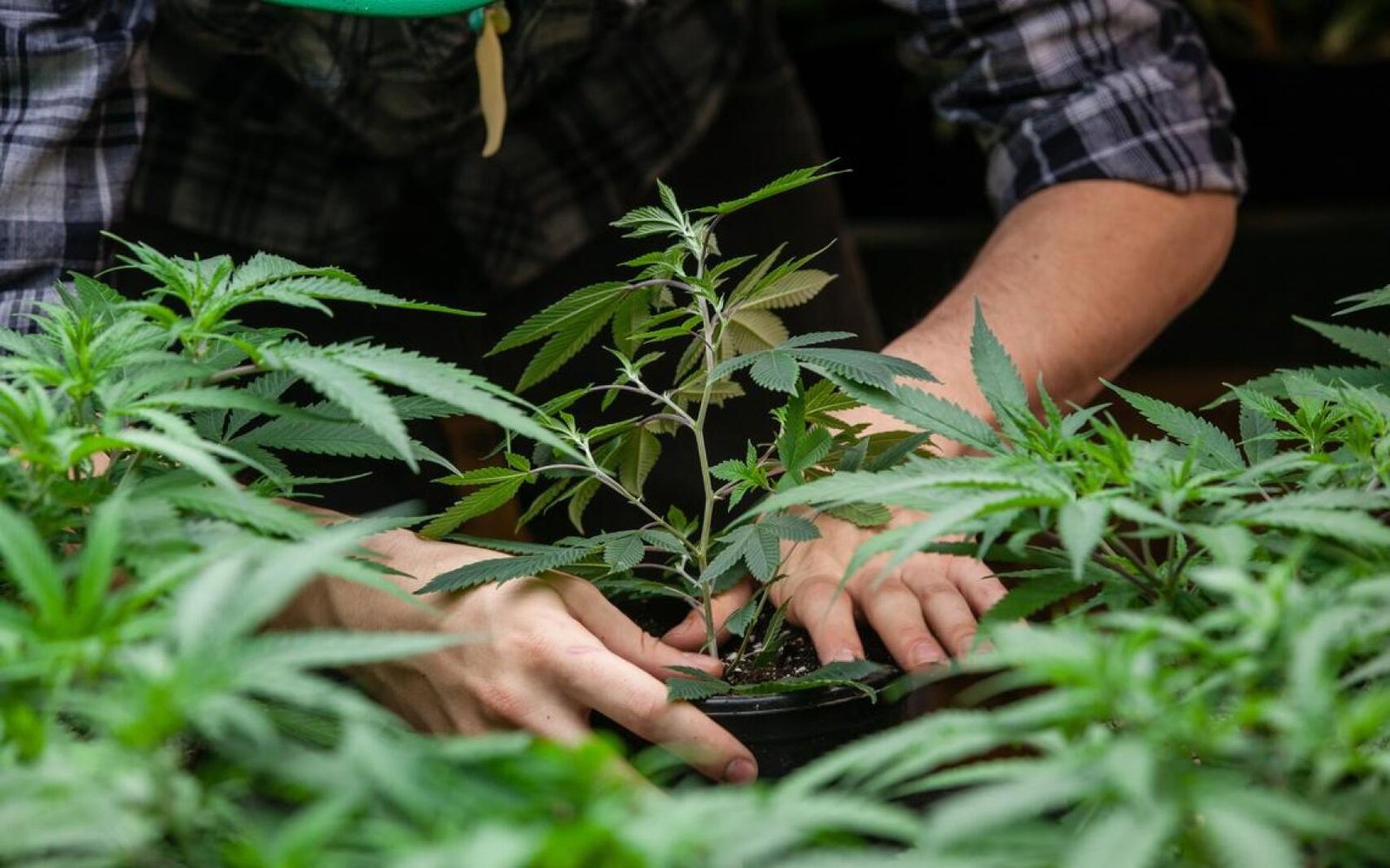On May 20, 2025, a federal district court in Oregon invalidated Measure 119, known as the United for Cannabis Workers Act. This law, which voters approved in November 2024, required all state-licensed cannabis businesses to enter into labor peace agreements (LPAs) with unions to obtain or renew their business licenses. Additionally, it mandated that employers maintain neutrality in union organizing efforts.
Two cannabis companies, Bubble’s Hash and Ascend Dispensary, challenged the measure, asserting that it violated their constitutional rights and conflicted with federal labor law, specifically the National Labor Relations Act (NLRA).
The court issued a permanent injunction, preventing Oregon from enforcing Measure 119, citing two main reasons. First, the NLRA preempted the state law under the Garmon doctrine, which restricts states from regulating union-related conduct that the NLRA protects or prohibits. The court found that the requirement for LPAs directly affected employers’ rights to express their views on unionization, protected under Section 8 of the NLRA.
Second, the court applied the Machinists doctrine, which prevents states from intervening in areas that Congress intended to remain free from regulation. The court concluded that tying business license renewals to the signing of LPAs and enforcing employer neutrality disrupted the balance of power between labor and management that Congress sought to maintain.
Moreover, the court ruled that the neutrality requirement infringed on the plaintiffs’ First Amendment rights. The law did not just prohibit coercive speech; it broadly mandated neutrality on unionization, effectively silencing non-threatening opinions against unionization. Citing Supreme Court precedents, the court affirmed that employers have the right to express their views on union matters as long as they do not coerce or threaten employees.
The plaintiffs faced irreparable harm, as they had to choose between complying with an unconstitutional law (which could lead to significant costs or disadvantage in negotiations) and risking the loss of their business licenses and customer relationships. Upholding the Supremacy Clause and protecting constitutional rights served the public interest, even if it meant nullifying a law that had been approved by voters.
This ruling is particularly notable as it confirms that the NLRA applies to cannabis businesses meeting its jurisdictional requirements. The decision not only invalidates the LPA mandate for the cannabis sector but may also influence future court rulings regarding similar restrictions in other industries. The Oregon Liquor and Cannabis Commission has since ceased to require cannabis businesses to enter into LPAs for license acquisition or renewal, following the court’s ruling. An appeal to the Ninth Circuit could still occur, but for now, Measure 119 stands invalidated.




